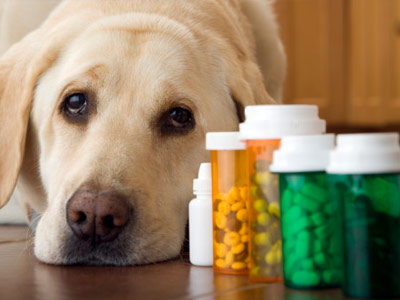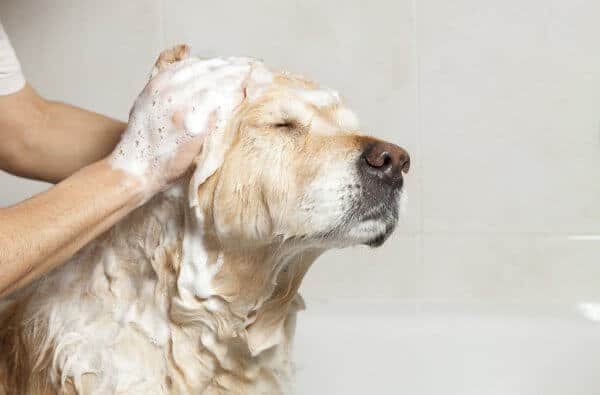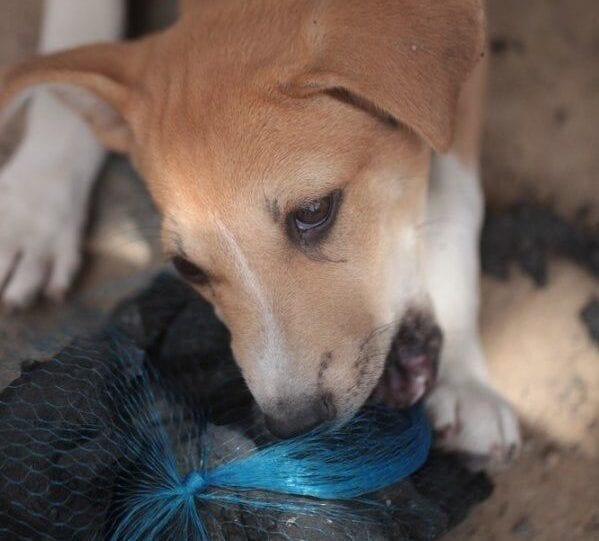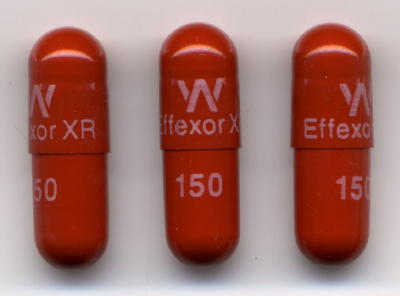Connect with a verified veterinarian in minutes. Licensed vets are available 24/7 to answer your questions. No need to worry about your furry family member.
Does anyone in your home take a medication called Seroquel (Quetiapine)? If so, then it’s important to keep this away from your dog.
What is Seroquel?
Seroquel, also called quetiapine, is an antipsychotic medication that’s used to treat schizophrenia, mania, and depression in those who have bipolar disorder. This drug works to restore the balance of neurotransmitters in the brain.
In humans, this medication can help to improve concentration, reduce hallucinations, and help people feel more positive, feel less nervous, and more. Seroquel may also help some people improve their mode, sleep, appetite and energy levels.
While this medication is helpful for humans, it can be poisonous to dogs.
Dogs Ingesting Human Medications
Our fur babies are curious about everything. When they see us eating something, they assume it’s something yummy and want it too! A small treat once in a while is OK; however, if a dog somehow gains access to our medications, this can have disastrous effects.
If your dog can reach prescription bottles, he may chew the bottle and also eat some of the medicine inside. This is one way a dog can get to our human medications.
Another way is if we accidentally drop a pill on the floor and can’t find it, or our dog jumps on it fast and swallows it. Dogs eating human medications and being poisoned is a major problem.

Review symptoms, medications & behavior to keep your pets healthy with a Vet Online in just minutes.
Ask a Vet Live NowSymptoms of Seroquel Poisoning in Dogs
You may notice signs about 1-2 hours after your dog ingests a Seroquel tablet, unless he’s eaten an extended release pill. The signs to watch for include:
- Vomiting
- Diarrhea
- Restlessness
- Fast heart rate
- Increased thirst
- Increased urination
- Agitation
- Seizures
- Sedation
- Fever
- Tremors
- Sensitivity to sounds/noises
- Depression
- Dilated pupils
- Vocalization
- Blindness
- Excessive salivation
- Difficulty breathing/decreased breathing
- Difficulty walking
- Disorientation
- Coma
The dog’s symptoms usually start within 1-4 hours after ingestion of the medication.
If you believe your dog has swallowed a Seroquel pill, then be sure to call the vet immediately. This could be a life-threatening medical emergency and time is of the essence.
When calling the vet, be sure to let the vet know the dose of the pill, when your dog ate them and about how many pills your fur baby has eaten.
Treatment of Seroquel Poisoning
The vet may choose to induce vomiting if your fur baby recently ate the pill and is not sedated. They may also use activated charcoal, which tries to prevent the medication from being absorbed into the digestive tract. In addition, your dog may require IV fluids to keep him hydrated if he’s vomiting or passing diarrhea. The vet may also use other medical treatments to support your dog and relieve symptoms.
The prognosis for your dog is very good, if he receives quick treatment from your vet. And the best way to keep this type of accident from happening in the future is to keep all medications out of your dog’s reach, and quickly find and pick up any pills that are accidentally dropped. Then you won’t have to worry about your dog eating your medication.
Prevent Your Dog from Eating Seroquel or Other Medications
If you or anyone in your household takes prescription or OTC medications, it’s important to keep these out of your dog’s reach. We understand it can be challenging, as some dogs have climbing and other abilities! Even so, keeping medication out of your dog’s reach is the best way to ensure he doesn’t gain access to any medications.
Keep all medications in a locked cabinet or on a very high shelf your dog can’t reach. In addition, keep all purses and bags out of your dog’s reach to avoid him finding medication in these places.
Next, be sure to have your vet’s number or the number of the Pet Poison Helpline handy. Keeping these numbers on hand can be a lifesaver if your dog has eaten medication or something toxic.
Along with keeping all medications stored safely out of your dog’s reach, training your fur baby can help you both. Teach your dog the “drop it” cue. That way, you can stop him from eating medication or playing with medication bottles.
Even when you take all possible precautions, accidents will happen. Knowing how to handle an emergency with your pet is essential. First, do not panic. Stay calm and assess the situation. Find out what your dog has eaten (along with the dose of medication), whether he’s showing symptoms or not, and then call the vet, emergency pet hospital, or animal poison hotline immediately.
Connect with a verified veterinarian in minutes. Licensed vets are available 24/7 to answer your questions. No need to worry about your furry family member.

Aisling O'Keeffe, MVB CertSAM ISFMCertAdvFB
This article has been reviewed and approved by an independent Veterinarian: Aisling qualified as a vet 7 years ago from University College Dublin. She has worked in a mixture of UK small animal hospitals along with Irish practices. She worked for 3 years in a feline-only hospital where she further developed her feline medicine and surgery skills. She currently lives and works in a small animal hospital in Cork, Ireland.
Review symptoms, medications & behavior to keep your pets healthy with a Vet Online in just minutes.
Ask a Vet Live Now






